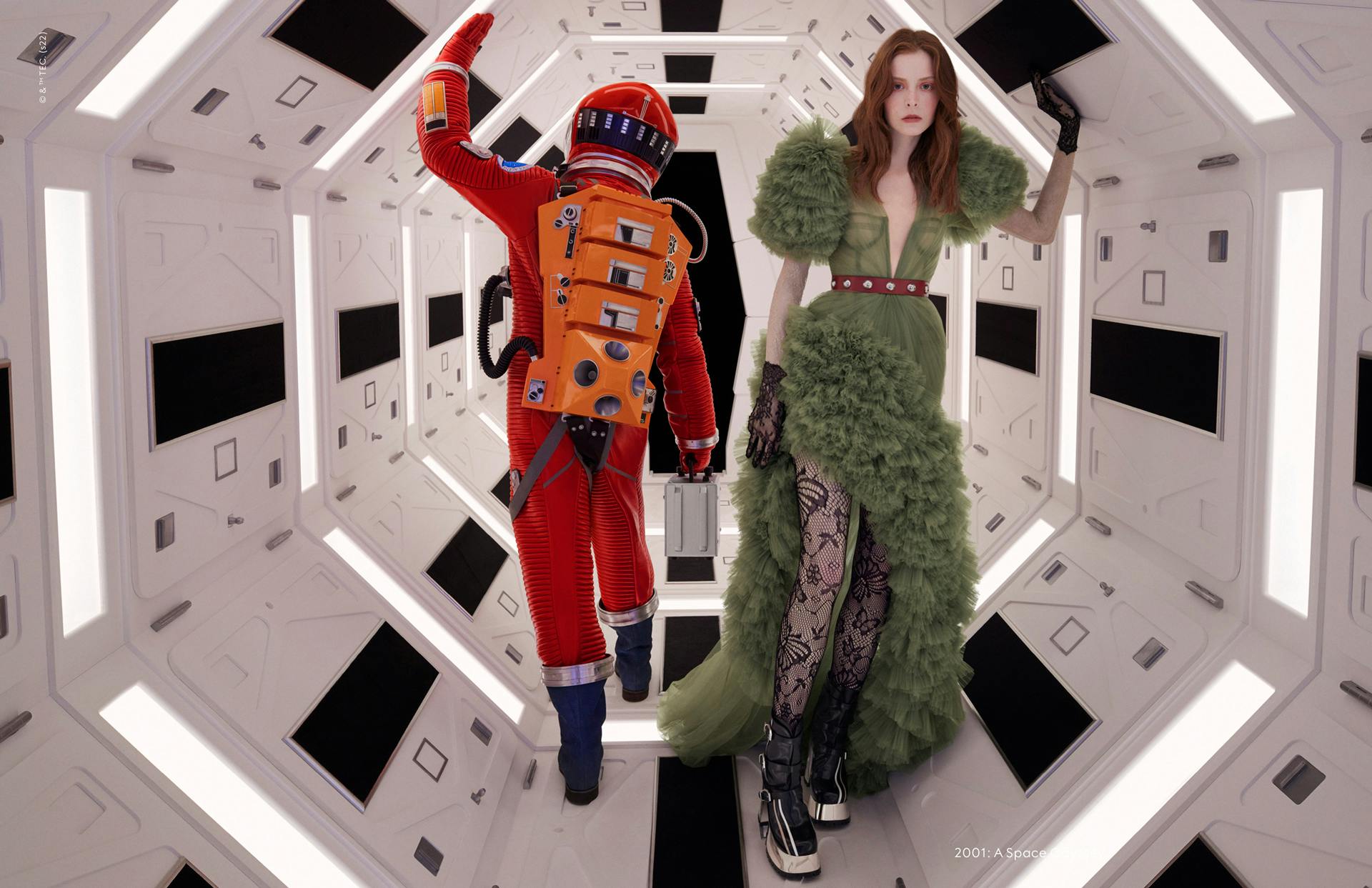Today, the impact of conscious consumerism on luxury fashion is stronger than ever. Here’s why
By Diane Small
A conscious consumer is someone who carefully thinks about what they buy. They wish to make purchases that have a positive social, economic, and environmental impact. In short, guided by their moral compasses, ethical consumers choose businesses that care about things like workers’ rights, animal rights, and the environment. Today, people don’t just care about looking good – they want to feel good about what they buy, too.
What this means is that they’re looking for brands that align with their values, focusing on sustainability, ethical sourcing, and social responsibility.
This shift means luxury brands can’t just rely on flashy advertising or celebrity endorsements anymore. But what do they need to do to show they value the planet as much as their customer base?
How Conscious Consumerism Affects Purchasing Decisions
The impact of conscious consumerism clearly changed how we make purchasing decisions in some pretty big ways. Shoppers actually now do research on a company’s sustainability, more than ever before. In particular, they want to know if brands use recyclable materials, if workers get fair wages, and how companies give back to society.
In fact, one study by Cone Communications found that 88% of consumers are more loyal to a company that supports social and environmental issues. The study found that in particular, before purchasing expensive luxury items, buyers want to make sure their money is being well spent on ethically produced goods. Thus, they check for transparency in the supply chain and expect brands to be open about their practices.
After all, who wants to spend big cash on a handbag that was made by exploitative labour? And wouldn’t you feel cheated if you knew your highly pricey accessory was made in the same factory as say, bags for the Gap?
Changing Marketing Strategies and Product Offerings
You might think we’re in times of recession and high inflation. And that may be true. But according to a report by Bain & Company, sustainable luxury goods sales are booming. The report notes in particular that eco luxury sales are increasing ten times faster than regular luxury goods. And part of that could be down to marketing techniques.
Once, this meant being featured in editorials in the likes of Vogue, and hiring the best photographers and models to shoot your ads. While that may still be the case for many brands, there’s something consumers crave more. And that’s information.
Shoppers would rather know the real impact of what they buy. Luxury fashion companies such as those under the Kering brand umbrella are aware of this. And that’s why the likes of McCartney and Gucci are proud to produce annual transparency reports and highlight the sustainable features of their work on their websites. (Of course, their ads are still great, too!)
Brand Positioning in the Age of Conscious Consumerism
The Bain & Company report also states that brands that effectively communicate their sustainability initiatives enjoy stronger customer loyalty and increased sales. This repositioning helps them attract a new kind of luxury consumer—one that values the planet and its people as much as the product.
Take Patagonia, for example. Its high-quality, made-to-last items, coupled with a strong commitment to environmental activism, make it a darling among conscious consumers. Other luxury brands have started to adopt similar tactics, blending exclusivity with ethical impact.
Seeing all these changes, business-minded individuals often wonder how to jump into this growing market, prompting them to learn how to form an LLC (Limited Liability Company). An LLC makes it easier to start a brand that aligns with and conscious consumerism. And since today’s customers are increasingly demanding in terms of transparency, in ten years’ time, such demands will surely increase. Brands will have no choice but to comply.
Fast Fashion vs Sustainable Fashion
Sustainable fashion brands are committed to ethical sourcing and production. Unlike fast fashion brands, which often exploit workers, and use petrol based fabrics and harmful chemicals in their manufacturing processes, sustainable fashion brands prioritise worker’s rights and eco friendly materials.
In addition to ethical sourcing, sustainable fashion brands also focus on creating durable and timeless pieces. Unlike fast fashion brands which encourage consumers to constantly buy new clothes, sustainable fashion brands promote the idea of investing in high-quality garments that will last for years. By doing so, they reduce the amount of clothing waste that ends up in landfills.
Reduced Pollution
And with more companies focusing on slow fashion and eco-friendly practices, we could see even further reductions in waste and pollution. According to a report by the Ellen MacArthur Foundation, circular economies—that is, systems where waste is minimised and materials are continually reused—could cut global greenhouse gas emissions by 39% by 2030.
In conclusion, conscious consumerism is making a huge impact. They are leading the way towards a greener future. They’re doing so by demanding luxury fashion brands prioritise ethical sourcing and production, create durable and timeless pieces, engage in transparent production practices, and support social causes.
Luxury brands recognise the power of conscious consumerism and understand that the choices we make as consumers can shape the future of the fashion industry. By supporting sustainable luxury fashion brands, we can contribute to a better world.
All images: Gucci

